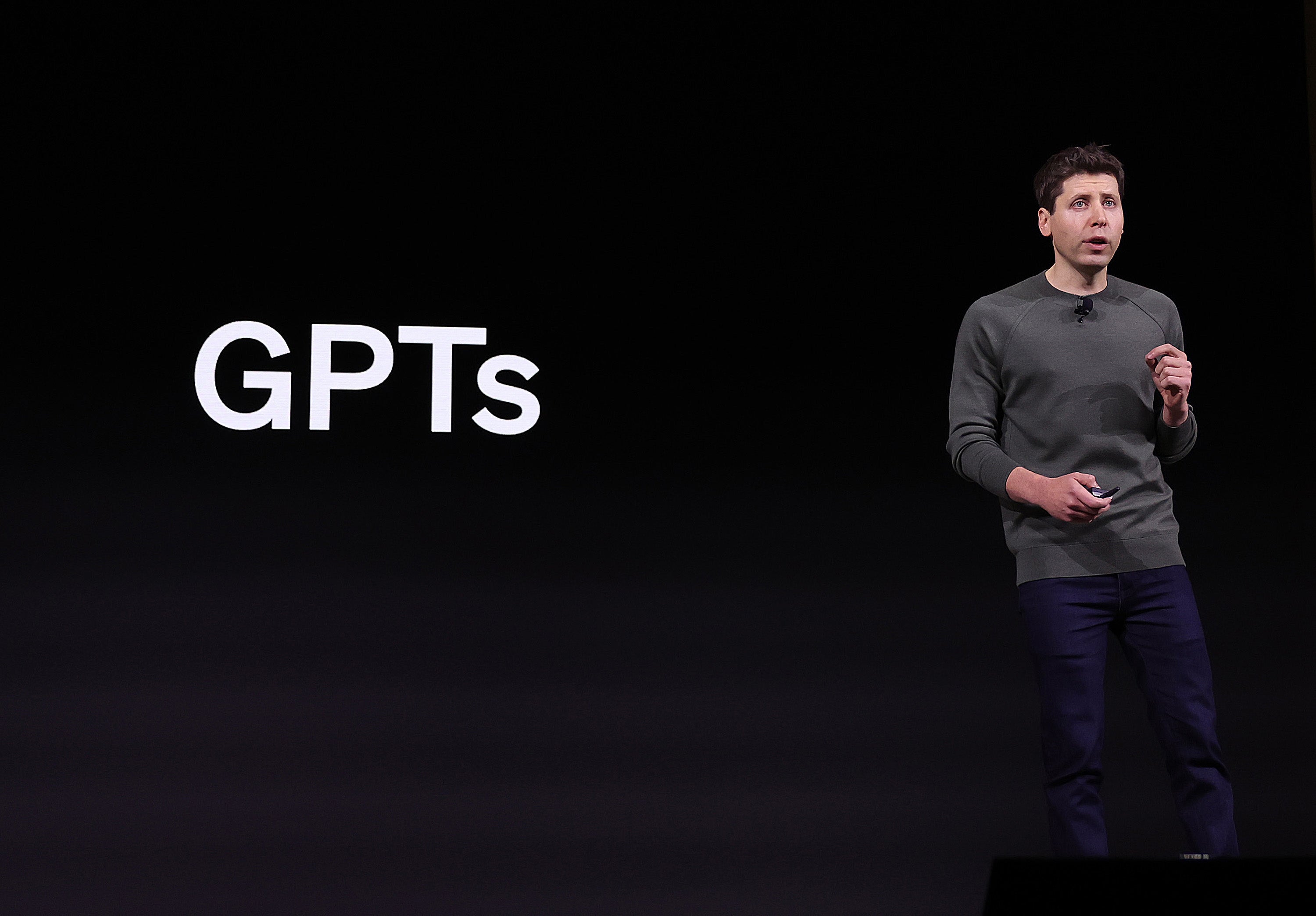OpenAI to release new AI that will make ChatGPT seem like it ‘kind of sucks’
GPT-5 can reportedly perform tasks autonomously

OpenAI is planning to release a new AI tool this summer that will eclipse the abilities of its ChatGPT chatbot, according to reports.
The new model, expected to be called GPT-5, is already being tested by some business users, Business Insider reported, with one CEO describing the new artificial intelligence as “really good, like materially better”.
GPT-5 will build on the capabilities of previous AI models, while reportedly offering brand new functions like performing tasks autonomously.
No release date has been set, though it will likely need to undergo safety tests before being made publicly available. The Independent has reached out to OpenAI for comment.
OpenAI chief executive Sam Altman said this week that he thought GPT-4, which powers premium versions of ChatGPT, “kind of sucks”.
Speaking on the Lex Fridman Podcast, Mr Altman said OpenAI would be releasing an “amazing new model this year”, though claimed it did not yet have a name.
“We’ll release in the coming months many different things,” he said.
“I think before we talk about a GPT-5-like model – called that or not called that – we have a lot of other important things to release first.”
The chief executive also spoke about the vast energy requirements of artificial intelligence, claiming that only a breakthrough with the near-limitless power source nuclear fusion could meet future demand for next-generation AI.
Known as the ‘holy grail’ of clean energy, nuclear fusion mimics the natural reactions that occur within the Sun to produce energy, however it is yet to be achieved on any significant scale.
“Energy is the hardest part,” he said.
“Building data centres is also hard, the supply chain is hard, and then of course fabricating enough chips is hard. But this seems to be where things are going. We’re going to want an amount of compute that’s just hard to reason about right now.”
Subscribe to Independent Premium to bookmark this article
Want to bookmark your favourite articles and stories to read or reference later? Start your Independent Premium subscription today.

Join our commenting forum
Join thought-provoking conversations, follow other Independent readers and see their replies